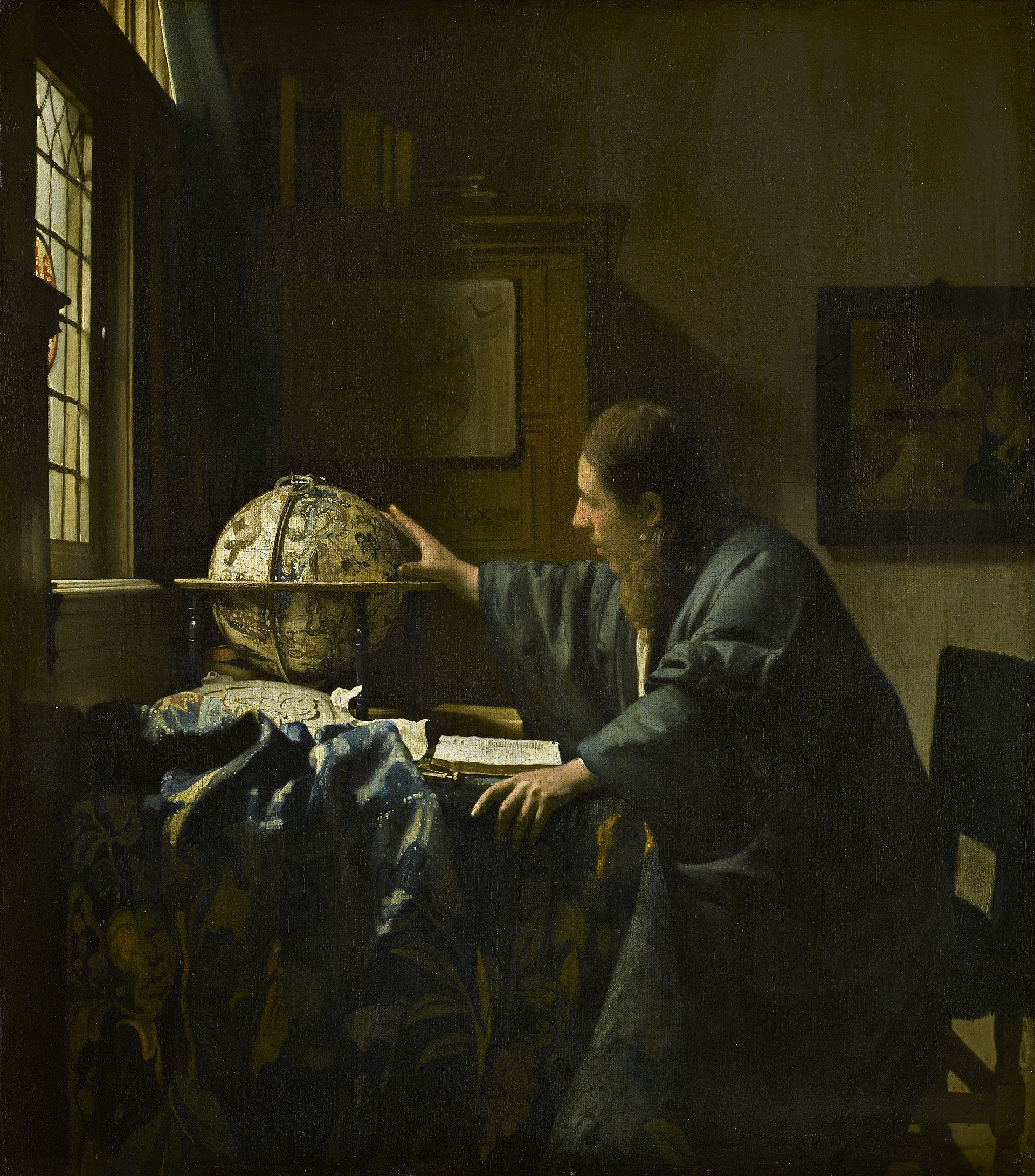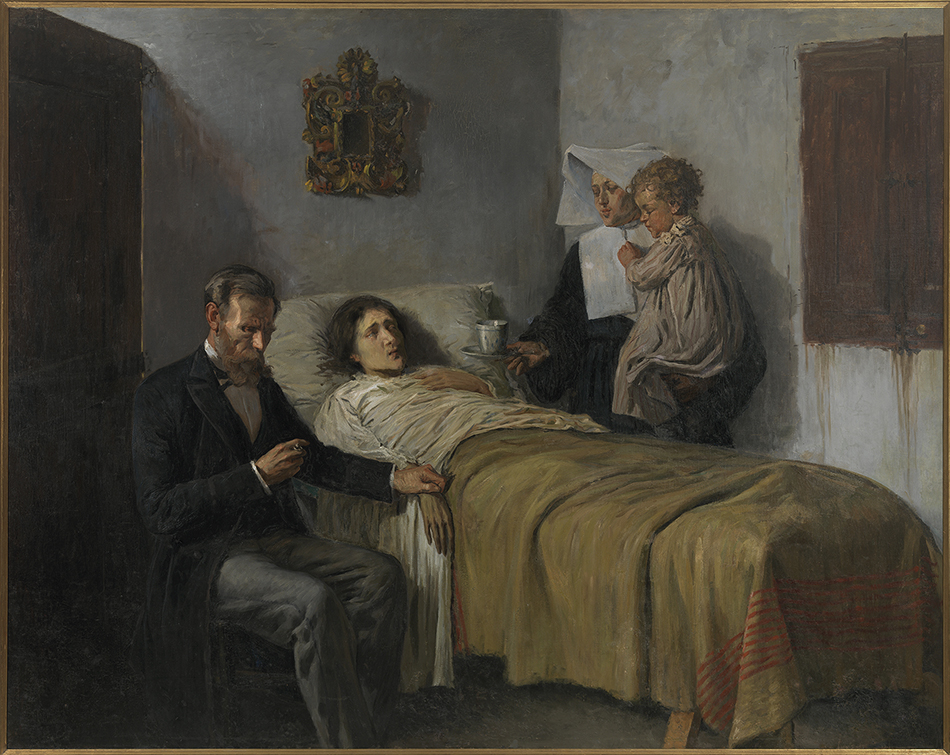[
Spoil Your Secret Sauce
“I’ve always maintained,” he said, “you cannot tell anyone what Dr Pepper tastes like because it’s so different. It’s not an apple; it’s not an orange; it’s not a strawberry; it’s not a root beer; it’s not even a cola.” Cola, after all, is derived from kola nuts and vanilla, two real-world flavors. Sprite has that lemon-lime taste. Purple soda is ostensibly grape flavored. But Dr Pepper has no natural-world analogue. In fact, U.S. trademark courts have tackled this issue, categorizing Dr Pepper and its knockoffs as “pepper sodas,” even though they contain no pepper… It’s the only category of soda not named for what it tastes like, which to my mind is precisely why Dr Pepper marks such an interesting and important moment in human history. It was an artificial drink that didn’t taste like anything. It wasn’t like an orange but better, or like a lime but sweet. … Dr Pepper is, in its very conception, unnatural. The creation of a chemist.
-- John Green from The Anthropocene Reviewed
Chartreuse is a 110-proof liqueur that tastes like wildflowers and burns like whiskey. Chartreusian monks have been making the stuff since 1737. Only three monks are permitted to know the secret recipe at a time. Seriously, I'm not making this up.
Nothing tastes like Chartreuse. Nothing sounds like Björk. Nothing shoots like a Leica. Nothing looks like a Wes Anderson film. Nothing feels like YKK zippers.
And yet more unmistakable flavors await invention and discovery.
Go on an adventure. Find a New Thing™. Bring it back. Share it, and demonstrate why the New Thing™ is worth sharing.
Luck is Flavorless
Michael Phelps's secret sauce is that he was worked incredibly hard with world-class coaches and was born with a freakish torso at the right time in history to the right parents.
Or consider John von Neumann, one of the smartest people who ever lived. He was born a genius and had extremely wealthy and well-educated parents.
Luck isn't secret sauce unless it can be synthesized in a home laboratory. Routines, beliefs, tools, and personality traits are full of flavor. So become curious! What did Phelps and von Neumann do differently? How exactly were they able to take advantage of the good genetics so many others squander? What mental models did they find useful?
People express ingredients as unhelpful platitudes. "The secret to writing well is writing lots." B*llshit. Most writers suck, and writers write a lot. What specific kinds of "writing a lot" do awful authors practice? Well, do the opposite. Survivorship bias kills careers in the crib; study failure as intently as success.
In real life, secret sauce is usually an ineffable concoction. "You should practice ten hours per day" is mere lipservice to the thousandfold habits that produce willpower and consistency. Beware charlatans who peddle "one easy trick".
Nobody Takes MSG Seriously
To nobody's surprise, MSG makes food taste better. Although replicable, this is wholly unimpressive. To earn your Michelin star, you'll need to make your umami masterpiece with mushrooms and elk liver and sardine skins.
Don't be distracted by artificial luck. Cheating isn't secret sauce. Remember, Lance Armstrong and Barry Bonds are forever asterisked because they got caught using "MSG".
Also note that cheating isn't always illegal. The granny freethrow remains a professional faux-paus despite being the best freethrow method. You can squander your reputation while playing by-the-book.
The best secret sauce is honest and replicable. WhatsApp scaled to 1B users with only 50 engineers. Many attribute their success to the uncommon programming lanugage Erlang. This hypothesis makes sense, but not all Erlang companies sell for $16B. WhatsApp's culture and processes are worth scrutinizing as much as their technology decisions.
Searching for Sauce
Anybody can paint impressive works with "optical training wheels". It's believed that Vermeer used the technique to achieve photorealism long before other artists.
On the other hand, consider Picasso, who proved himself as a conventionally good artist before he started making his notable stuff.
[
Science and Charity is an oil on canvas painting by Pablo Picasso, which he painted in Barcelona in 1897. It is an example of one of Picasso's earliest works, as he painted it when he was only 15 years old.
These painters illustrate the two "sauce strategies":
- Vermeer: combining ingredients from multiple fields (e.g. engineering, optics, art) into new flavor profiles
- Picasso: diving so deep into a discipline that you discover new ingredients
To find secret sauce, you must master convention without being consumed by it. Be an outsider inside a group. Learn the rules before breaking them.
Mastery is made of intuition and practice, but secret sauce is inherently unintuitive. To defy convention, become curious of the commonplace. Find faults in undisputed facts.
Genius is a journey of the soul. You battle yourself for time and energy and money and self-worth. To develop expertise, you must first learn how to develop expertise (which is reportedly very difficult). People who expect magic results will recieve magic disappointment.
Your sauce can be something you do or someone you are. It's usually both.
Everyone is special, but few are worthwhile. Engage in experiments until your pungent odor becomes perfume.
Spoiling Sauce
Never confuse sauce with slime. You can't just create crap and call it art, unless you can convince others to call it art too. Your snailshit marinara is merely slime on a plate if nobody enjoys it.
In many cases, the story is the sauce. The Mona Lisa isn't exceptionally good art -- it's the world's most well-known painting because it was stolen and recovered during the birth of global media coverage. Likewise, Banksy's works are more valuable when theatrically shredded.
We call the best secret sauces "magic". Magic happens when skills are shared via stories. Sometimes knowing how the sausage was made makes it more impressive. Give every sausage a story.
Cassandra's Curse
In Greek myth, the gods cursed Cassandra with apocalyptic prohpesies that nobody believed.
In 1847, Ignaz Semelweiss begged fellow doctors to stop sharing tools between autopsies and baby deliveries. He was mocked for promoting hand-washing in hospitals; his colleagues commited him to an insane asylum, where he died within 2 weeks.
Around the same time, Louis Pasteur and Joseph Lister confirmed germ theory. For the remainder of Lister's life, he invented antiseptic practices and shared them with the medical community. At Lister's death in 1912, handwashing was commonplace in hospitals worldwide.
Correctness is not enough -- you must be correct and convincing.
Never tell a child "eat vegetables because they're good for you." Tell them to "eat vegetables because you're a dinosaur."
Lost In The Sauce
Many thinkers get lost in the sauce in the pursuit of greatness -- Michael Jackson, Charles Whittaker, John Nash, Elvis, David Foster Wallace, etc.
Eccentric people discover secret sauces because they wander far from the masses. But this exact behavior prevents geniuses from sharing wisdom and asking for help.
You must ignore others to notice invisible insights. But to avoid Cassandra's curse, you must learn to understand the people you ignore.
Your One Ring will grant power and madness. Throw your darling into the volcano. Share your power with the world.
Greatness awaits those who find secret sauce and share the recipe.